Dentistry continues to be one of the most profitable industries in the United States, with the DSO (Dental Service Organization) model rapidly gaining traction year over year. DSOs like Operation Dental are independent business support systems that contract with and purchase dental practices to provide business management services like billing, IT, marketing, human resources, payroll, and accounting. When dentists are able to spend less time on administrative duties, and more time on clinical work, this can mean better quality of care for patients and favorable profits for investors. Read below to learn more about why adding dental and DSOs to your investment portfolio is a wise financial decision for 2022.
- The dental industry is historically insulated from fluctuations in the market and global crises. Dental investments offer a unique diversification benefit as the industry has been resilient during economic downturns or global crises like the COVID-19 pandemic. Data shows us that “adults’ propensity to seek dental care is only impacted when wealth decreases by greater than 50%. In fact, the data shows the utilization of dental insurance benefits (and thus dental revenues) actually increases substantially during a recession. This increase happens early on as people rush for service in anticipation of coverage disruption."1
- Private equity is hot on investing in corporate dentistry, and for good reason. As the dental industry continues to consolidate into multi-location and DSO practices, investors recognize the efficiencies of scale and profitability that corporate management can bring to individual practices. We are seeing a gradual but clear evolution into a merger and acquisition climate, with solo, dentist-owned locations shifting to the DSO model. Dentists and investors alike know that the resources, technology, and marketing DSOs provide often lead to exponential growth. Trends show investor capital pouring into dental, and forecasts predict continued growth, innovation, and consolidation in the industry. 2
- Dentists are joining DSOs at a rising rate. In 2017, 7.4% of all practicing dentists were affiliated with a DSO. This number grew to 10.4% in 2020 - a 40% increase.3 In addition to a desire for a greater work-life balance, the increasing burden of student loan debt is a significant reason why in 2019, only 1 in 4 dentists under 35 were in a solo practice.4 According to the Academy of General Dentistry, the average cost of a dental education has doubled since 2000, leaving the average dental school grad with $292,169 in student loan debt. This debt burden limits younger dentists’ ability to access capital needed to invest in solo practices.
- Investment capital pouring into the dental industry is fostering a culture of innovation. From 3D dental printing to artificial intelligence to laser surgery, dental practices within the DSO model have the resources and support to implement emerging technologies and cutting edge treatments that attract patients, improve health outcomes, and ultimately can result in favorable returns. Where there’s capital, there’s competition, and where there’s competition, there’s innovation. In addition, trends like the rising demand for cosmetic dentistry, holistic dentistry, and nontraditional services like cosmetic injections will see the dental industry and profession continue to evolve, grow, and prosper.
- Alternative investment strategies like the private placement funding initiative offered by Operation Dental allows dentists to stay in control and have a stake in the corporate side of their practice. Private placement funding allows a company to sell shares of company stock to a select group of investors privately instead of the public. Because the company can stay private, dentists can feel more confident about the culture of their practice and their clinical autonomy staying true.
Click here to learn more about Operation Dental’s private placement funding initiative.

